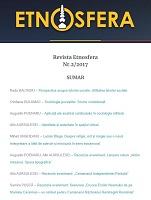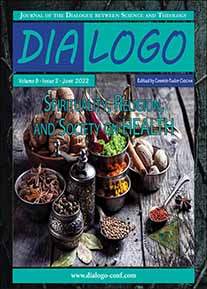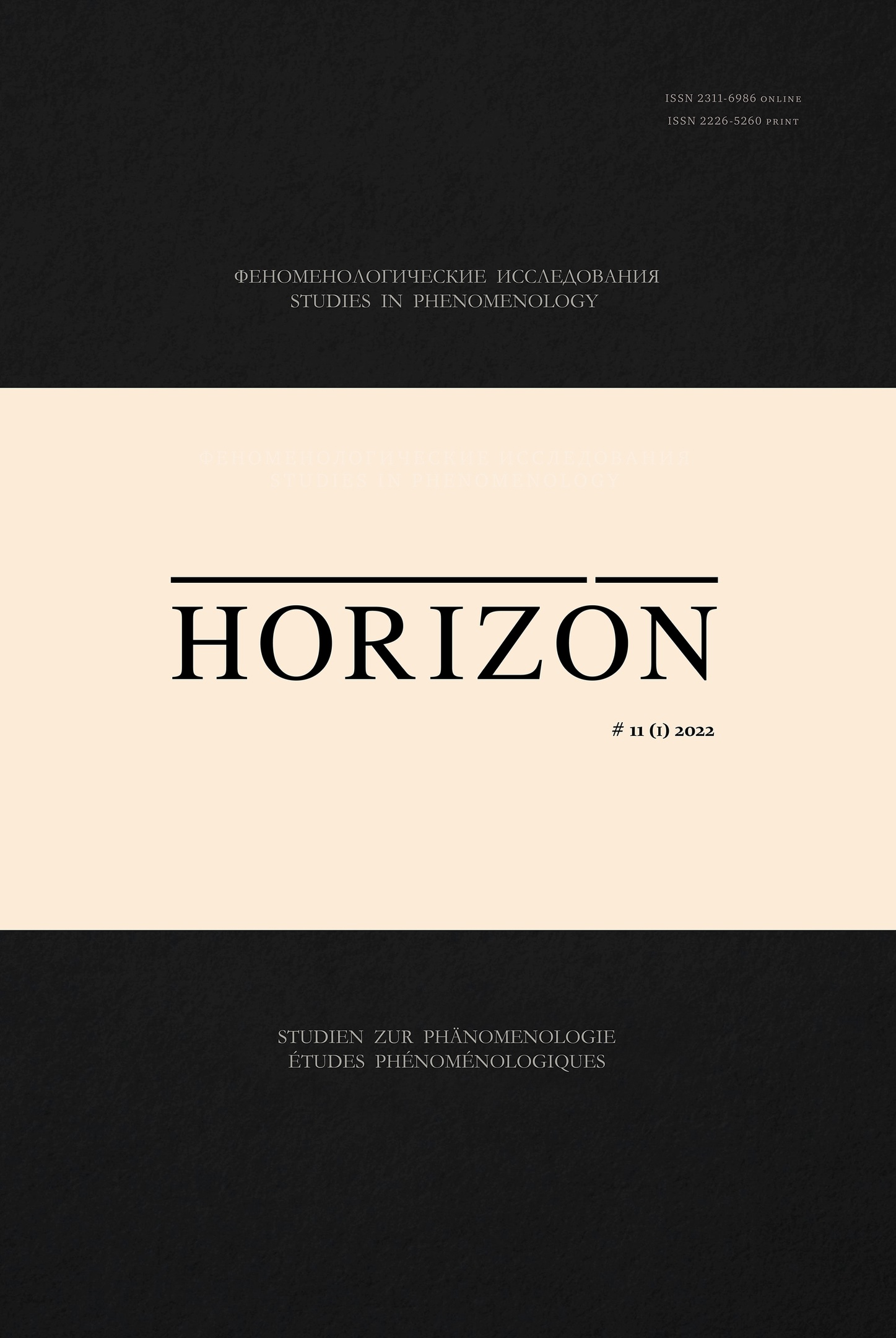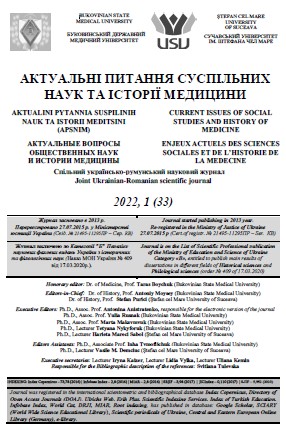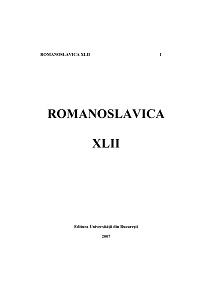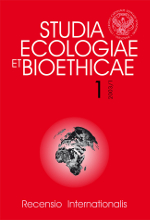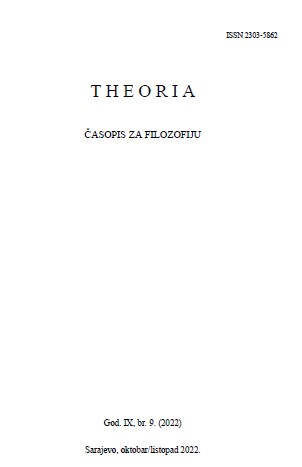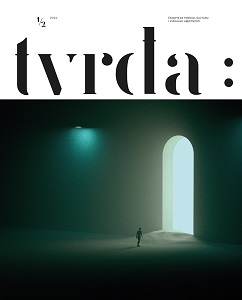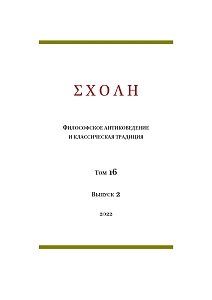Author(s): Svyatoslav Rachuk / Language(s): Ukrainian
Issue: 1/2022
Objective. The object of the research is the historical knowledge in the context of the works of Hryhoriy Skovoroda and the definition of their features. Purpose. It consists of several aspects. First is the study of the features of H. Skovoroda’s creative heritage. Secondly, the identification of peculiarities of H. Skovoroda's historiosophical views in the context of his works. Third, to draw the conclusion about the little-known aspects of historiosophy in the works of H. Skovoroda. Relevance os the study. Due to the expansion of the field of historical research and the further necessity of creating theoretical knowledge, there is a need to research the insufficiently explored aspect of the work of H. Skovoroda – namely the interpretation of the historical process. Scientific novelty: The article for the first time explores the historiosophical views of H. Skovoroda. The main aspects of which are the attraction of views to ancient and early Christian philosophers, the presence of Neoplatonism, religiosity, and the gravitation to the Chri stian interpretation of history. Source base: Fundamental studies of G. Skovoroda's work are represented by the works of D. Chizhevsky, L. Ushkalov, V. Shinkaruk, M. Bartolini, V. Lisov, M. Popovych, V. Shayan, V. Gotsulyak, G. Khotkevych, Y. Pavlenko and others. Research methods are such as: analysis and synthesis, deduction and induction. Conclusions. The phenomenon of history for the wandering philosopher is ambiguous and non-linear. The relevance of the events of the past for H. Skovoroda is determined by the presence of revelations, which, unlike the material world, are eternal and unchanging. Full of Christian ideals it demonstrates the interpretation of history as a directed movement with the clear goal - the end of the world. However, the ultimate goal, according to the philosopher, is the spiritual self-knowledge of a person. The consequence of this knowledge is the formation of moral guidelines, according to which a person must live his life.
More...
